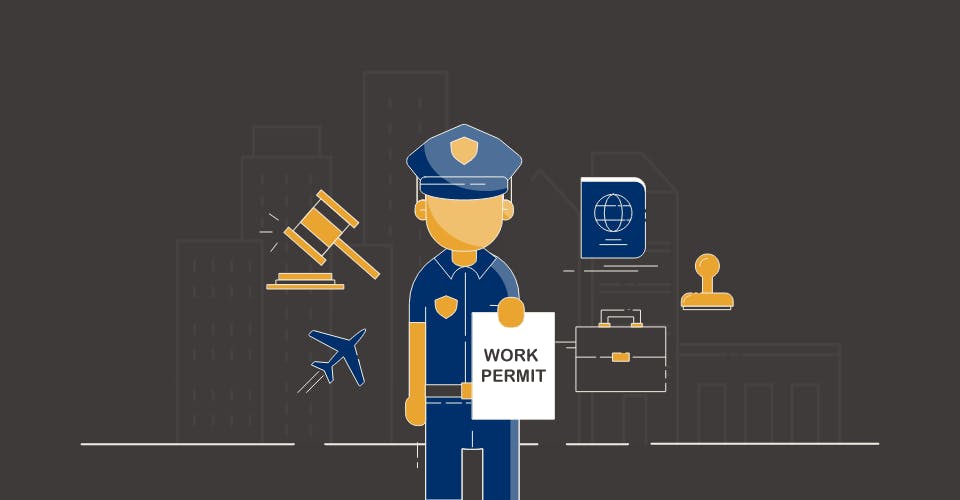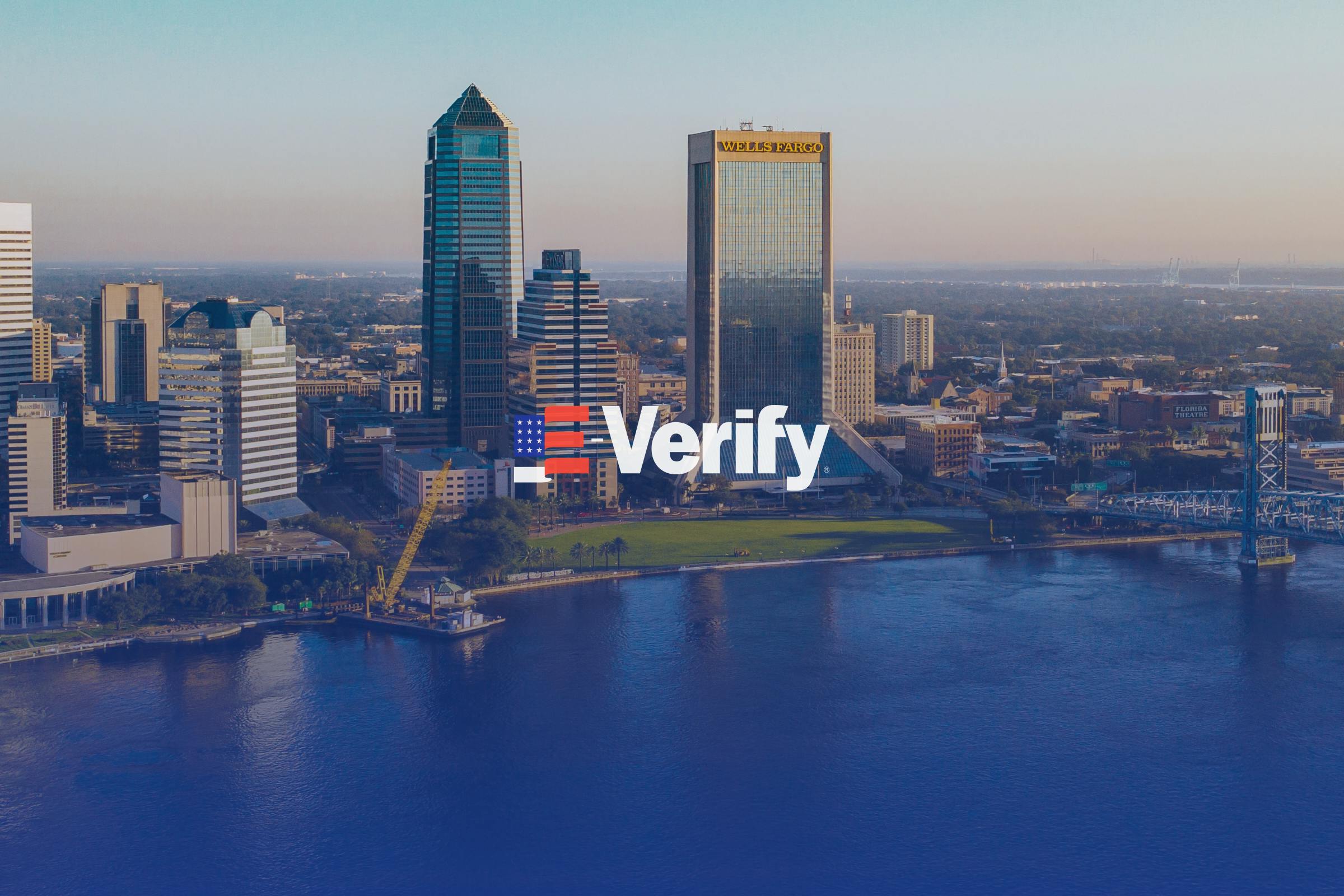If you are coming to the United States as an immigrant, or are already in the U.S., perhaps as a diversity visa lottery winner or the dependent of a green card holder, it is hugely important that you get authorized to work in the United States. When you decide to work without a work permit, you are risking any future immigration benefit you might be seeking, or being able to re-enter the United States, and the list goes on. Working without authorization, even for only a small period of time, presents serious problems for any non-citizen. This blog will discuss why this can be such a huge issue.
Taxes
Whenever you start a new job in the United States, whether it is in retail or in the corporate world, a certain percentage of your income is taxable. This is known as your state’s federal income tax level. Each U.S. state has a different income tax rate. For example the income tax rate in Colorado is only 4.63 percent, while in California the income tax rate is 13 percent (Tax Foundation, 2020). This has to do with a variety of factors in each state such as the overall population of the state and of course regional politics that determine the percentage taxed. For example in Texas, there is no federal income tax.
Regardless, working in the U.S. without working authorization is a serious problem because it messes up the allocation of income taxes collected each fiscal year from workers who don’t pay taxes in the state they are living in. In other words if you are working illegally, your money is not taxable because you never received working authorization in the first place. Tax evasion is a crime in the U.S. and if serious enough could lead to harsh penalties like jail time.
Green Card Application
Some immigrants who are in the process of applying for a green card, and thus legally allowed to remain in the US while their green card application is being processed, might decide to take up small odd jobs before they are granted legal residence in the US which makes it much easier to be able to work. This again could land an immigration applicant with a denied green card because the USCIS officer will likely ask the applicant during the interview if they have ever worked illegally in the U.S.
If you are applying for a green card, always make sure you are using a work permit while your green card application is processing that you are not found inadmissible when it is time to make a final decision on your green card case.
The USCIS Can Request Information from the IRS
Additionally, it is a good idea to not try to test the system of the federal government to see if you can work illegally in the U.S. without being caught. While the USCIS has no jurisdiction over matters of tax fraud, immigration officers can easily contact employees that work at the IRS, another government agency. For example, if you haven’t submitted the correct information with one of your USCIS applications, the officer presiding over your case can reject your case outright, but they also can contact the IRS to see if you ever filed any documents with the agency. Thus it is a good idea to get a work permit and start off with a clean record.
Changing Visas
Finally, if you decide to pursue unauthorized work willingly while you are on a visa, this could seriously jeopardize your future chances for having a successful visa extension or change of status in the future. This applies mostly to J-1 students who don’t first fill out an application stating they are in a severe economic hardship before taking up a job.














